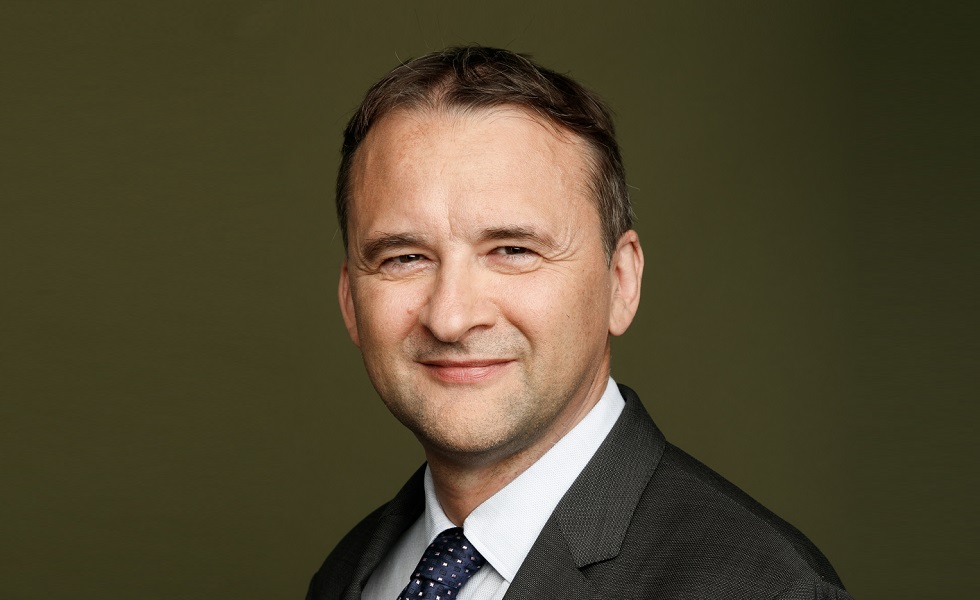Frédéric Jariel: Real estate plays an important role in energy transition
Frédéric Jariel: Real estate plays an important role in energy transition

Paris-based Tikehau Capital is a growing impact investor across alternatives asset classes. Financial Investigator spoke with Frédéric Jariel, Co-Head of Real Estate at Tikehau Capital, about the need for impact investing in real estate and how best to shape it.
By Harry Geels
Real estate investments have delivered favourable risk-adjusted returns over the past decade, supported by economic recovery after the financial crisis and increasingly loose monetary policy. In addition, partly due to the COVID-19 panic, there has been a lot of focus on sustainability. Specifically for real estate, investors are looking at carbon footprint and how it can contribute to a nice living and working environment. On the other hand, we have entered a macroeconomic environment of rising inflation and interest rates which has put pressure on real estate prices, especially this year, and investors are wondering what the future holds and thinking about the best investment strategy. Frédéric Jariel: ‘We take a holistic view of the market to meet challenges and seize opportunities, with a strategy aimed at combining impact and return.’
Value-Add+
Jariel: ‘Based on our real estate experience, we believe Value-Add strategies are well positioned to deliver both impact and solid returns. In fact, we call our projects Value-Add+. We believe that institutional investors who want to make an impact to the energy transition and biodiversity with real estate should primarily focus on property development/redevelopment. To this end, Tikehau has launched a new closed-ended strategy, classified as Article 9 under SFDR.’
‘We will apply concrete ESG analysis to our investments and together with the financial business plan will have an ESG business plan for each acquisition. We will indeed take the experience of this first vintage into our new strategy.’
Three pillars
There is a large amount of real estate in the world that needs to be redeveloped to become energy efficient. The associated challenges are therefore important.
In redevelopment, we need to pick up two major global macro trends: sustainability and working from home.
Jariel: ‘We need to unlock the potential opportunities in real estate, especially in Europe because a lot of real estate, both residential and commercial, is in need of modernisation. In redevelopment, we need to pick up two major global macro trends: sustainability and working from home.’
This has a big impact on offices in particular, Jariel argues: ‘Offices in the AAA (Or Triple-A) locations have always been in demand and will remain so. The big question is what to do with all the other offices, especially the slightly older and less desirably located.’
In doing so, Tikehau Capital has three goals:
- Climate action, or the path to ‘net-zero emissions’.
- Biodiversity.
- Social or well-being.
Using these three pillars to guide their actions, real estate is improved or redeveloped. When redeveloping, it is also very important that this takes place at the lowest possible CO2 emissions and raw material use. Jariel: ‘Recycling is then of great importance. Unfortunately, in redevelopment we cannot escape CO2 emissions and raw material consumption, but if the result is a new energy-neutral building and the biodiversity is increased, for instance by creating greenery, and the social function improves, we will have achieved something substantial for the long term. Lots of greenery around buildings regulates temperature, i.e. it cools in hot weather and retains heat in cold weather, and it contributes to decarbonisation.’
We need to unlock the potential opportunities in real estate, especially in Europe because a lot of real estate, both residential and commercial, is in need of modernisation.
Sustainable real estate: higher potential returns
Jariel: ‘In Europe, ESG policies appear ahead of the rest of the world and the greener assets will be at a premium versus the older and less efficient assets. Impact and ESG are no longer pro bono but should help to create returns.
Especially if an office does not meet the latest sustainability standards, it will be difficult to rent out. And one step further: offices that do meet the highest standards have a lot of demand and still rising prices and rents. Houses will also become more valuable if they are energy efficient. Therefore, we believe that non-sustainable houses will increasingly become less popular and thus less valuable.
Even the old houses in the historic centres of big cities need upgrading, although we may have to abandon the goal of net-zero there. Doing nothing is not an option, not only for the environment, but also for valuations and potential returns.’
ESG business plan
Jariel: ‘For every investment, we make a financial as well as an ESG business plan and the latter is written out along the aforementioned three pillars, climate, biodiversity and social. In our strategy, we could develop new projects but also refurbish existing properties.’
Rising interest rates and inflation
We believe the world is changing rapidly because of the climate transition, and then inflation and interest rates are also rising fast, making real estate investment costs higher.mJariel: ‘As mentioned, we nevertheless aim to create value by actively developing smartly chosen projects, with a good business plan, based on three pillars. In our view, passive real estate investment is simply no longer an option.’
|
SUMMARY Real estate investments have delivered favourable risk-adjusted returns over the past decade. Specifically for real estate, investors are looking at carbon footprint. Value-Add strategies are well positioned to deliver both impact and solid returns. Impact and ESG are no longer pro bono but should help to create returns. Non-sustainable houses will increasingly become less popular and thus less valuable. Passive real estate investment is simply no longer an option. |









